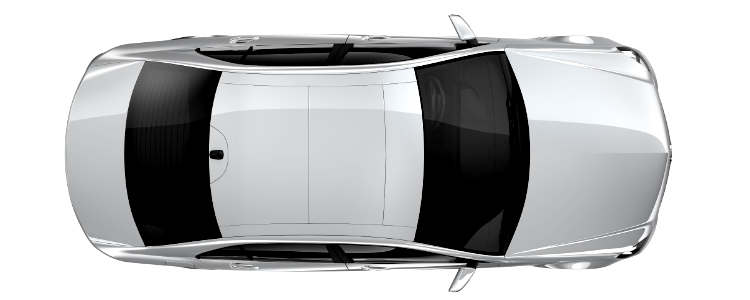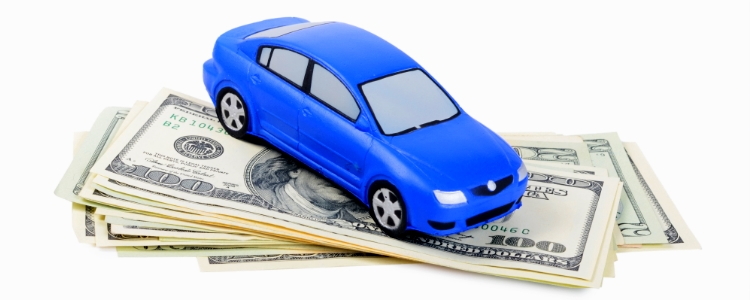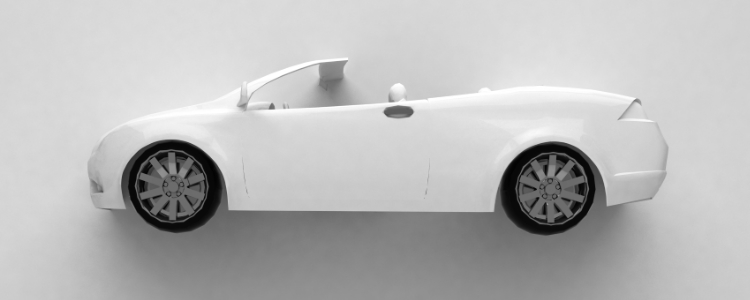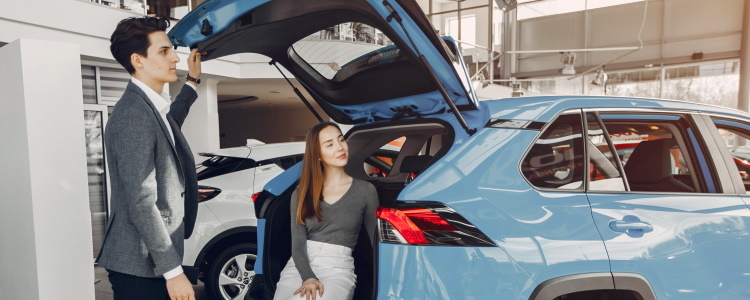The decline in a car's value over time is known as depreciation. All cars experience it, yet not at the same rate. There are many factors involved that determine how much a particular vehicle depreciates. With that being said, there are several things you can do and consider as a buyer in order to slow down depreciation and save yourself money down the line.
Depreciation Appreciation
The price of a car and its cost are two completely different things. The price is what you pay for it, the cost has to do with the overall expenses of owning and operating it. Factors that affect a vehicle's cost include fuel efficiency, auto insurance, maintenance and upkeep, and depreciation.
Depreciation is often cited as the single most expensive cost of owning a car, especially during the first five years of a vehicle's life, yet most buyers tend to overlook it or ignore it completely.
People buy fuel-efficient cars to save on fuel costs. Others buy reliable brands to save on repair costs. In that same sense, a buyer can buy a vehicle that is less prone to losing value over time to save on depreciation costs.
If you plan on selling or trading in your car purchase at some point down the line, you are going to want to consider depreciation. If you do, you can save yourself thousands of dollars in the long run in some cases. Depreciation is impossible to avoid , but you can sure slow it down.
Ways to Minimize the Impact of Depreciation

Considering depreciation can be difficult because every single vehicle depreciates at a different rate. There are many factors that cause it to vary, including: its manufacturer, make, and model; its age, mileage, history, and condition; supply and demand for it in a particular area; consumer psychology; and market forces beyond our control.
All of the factors in play make it a tricky subject to battle, but you can minimize the impact of depreciation by doing smarter research and making the right choices when buying and owning a car. Here are a few things you can do to reduce its impact:
- Buy Used or Nearly-New
In a previous article on the Auto Credit Express blog, we examined a timeline that will help a buyer offset depreciation. A vehicle experiences its steepest drop in value during its first year, sometimes higher than 20%. If you buy a car that has already suffered that 20% drop in value, then you are getting much more bang for your buck. - Do Research Beforehand and Make Wiser Choices
There are many, many factors in play when it comes to a vehicle's depreciation rate. If you are trying to reduce a vehicle's drop in value, then you need to do your research before picking out a vehicle by factoring that into every decision you make during the car-buying process. This includes a vehicle's historical resale value, popularity, condition, color, reliability, mileage, longevity, features and options, ownership history, service history, and more. Anything that will help a vehicle retain its value over time will help you in the long run. Consult studies that look into these matters, such as Kelley Blue Book's Best Resale Value awards, and do research concerning cost to own, reliability, dependability, vehicle resale values, and more in order to make better informed decisions throughout the buying process. - Upkeep and Maintenance
Taking care of your car inside and out over your period of ownership should help its resale value. If you let it get and stay dirty, wear out the tires, fail to follow the manufacturer suggested maintenance timeline, etc., then the car will naturally be worth less when it comes time for you to sell it or trade it in. Conversely, properly maintaining your car will help when you are done with it. One of the best ways to do this is to follow a service schedule and keep all receipts or use a service book that gets stamped as you go. Service stamps/receipts from a franchised dealer can carry a lot of clout, as can ones from a reputable independent garage. If you want to minimize depreciation, you will want to keep the car in tip-top shape inside and out.
When it comes down to it, the best way to minimize the impact of depreciation is to consider it with every decision you make. If you keep your vehicle's resale value in mind, you can partially offset the effects of depreciation and reduce your cost of ownership.
Financing First
Potential car buyers with less than perfect credit, especially those with tighter budgets, could really benefit from reducing their cost of ownership. If they consider depreciation before and during their period of ownership, they can minimize its impact and save themselves some money in the long run.
And if your damaged credit is keeping you from getting approved for a car loan, then it might be time to let Auto Credit Express help. We connect credit-challenged consumers with the dealership near them that stands to give them their best shot at being approved. You could be next if you complete our free and secure online application today.
















